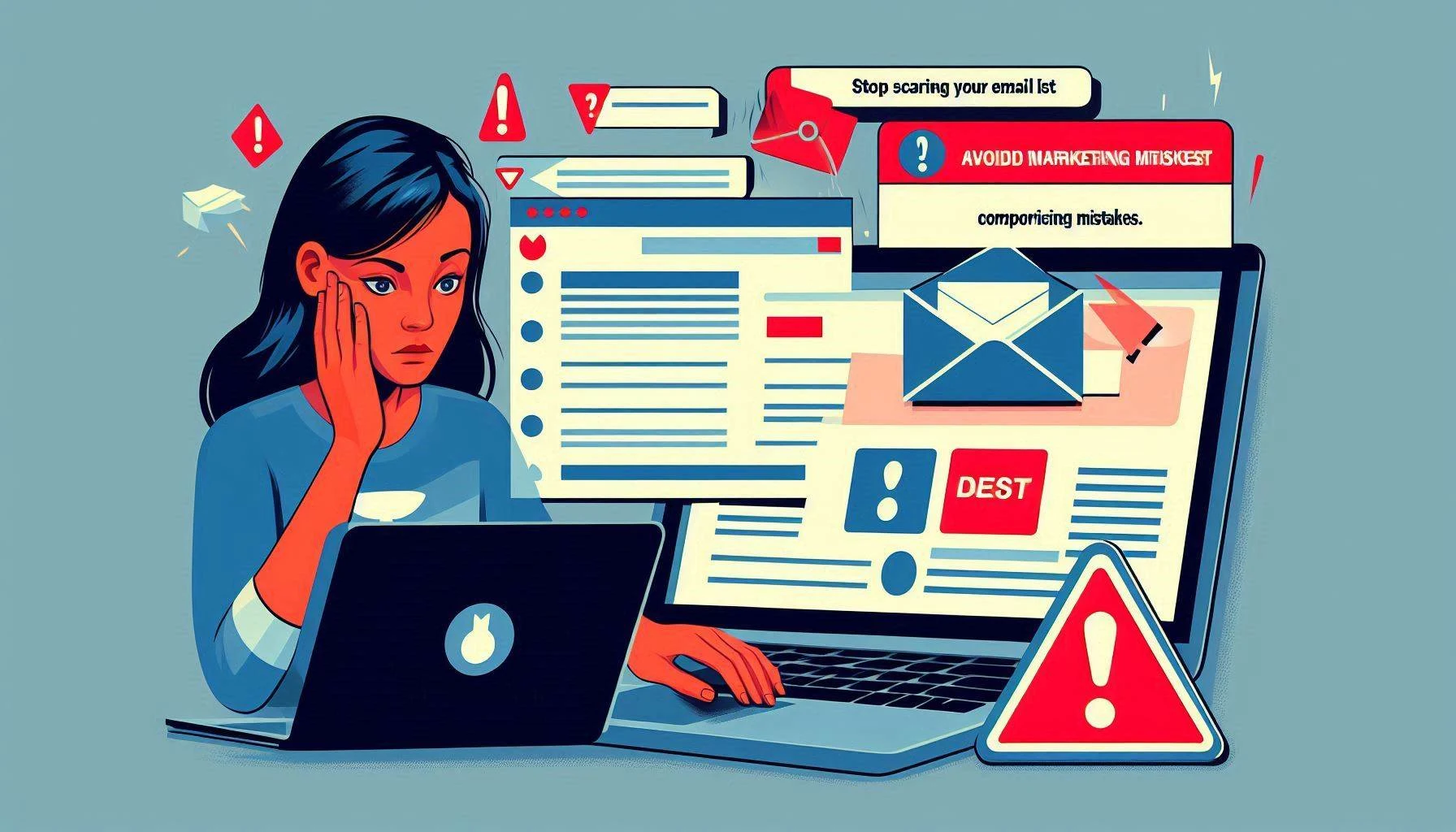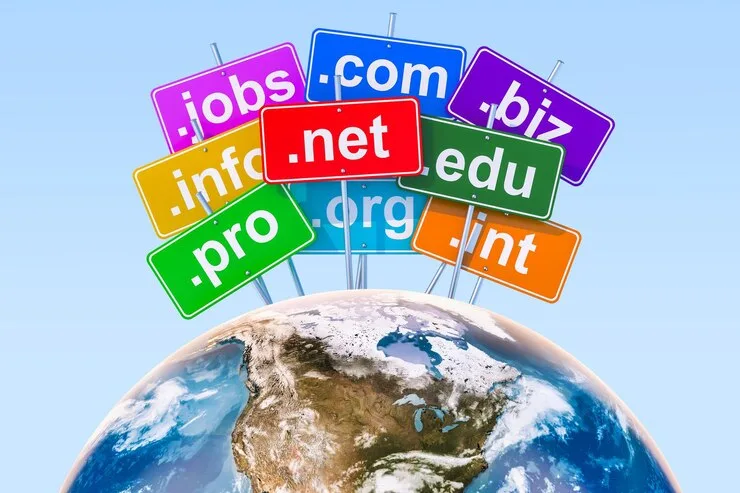
Are You Frightening Your Email List with Your Messages?

Jakarta, Xweb.biz.id – If you’re a marketer, you may be unintentionally scaring off potential customers with your email strategies. It’s a startling truth: up to half of all follow-up mistakes are made by marketers with the best of intentions. Unfortunately, these missteps can lead to your emails being deleted faster than you can say “unsubscribe.”
The Dangers of Only Sending Sales Emails
One of the biggest mistakes marketers make is only sending follow-up emails when a major product launch is coming up. When your subscriber sees an influx of emails with the same sales pitch, they may feel like they’re being bombarded—especially if every email is promoting another expensive offer.
Instead of sending a stream of promotional emails, try mixing in value-based content. People are much more likely to engage with your emails if they receive helpful tips or free resources regularly. If they feel like they’re getting something valuable, even if it’s just one unique tip they can use right away, they’ll be much more inclined to open your emails and consider your offers when they come around.
The Power of the Subject Line
A poor subject line can send your email straight to the trash, no questions asked. This includes boring, overly generic, or even offensive headlines. You’ve probably seen subject lines like “Open This Email Before It’s Too Late!”—they’re formulaic and don’t offer any real reason to click. They lack urgency or specific value, which makes them easy to ignore.
Similarly, don’t get too clever with your headlines. A subject like “Man-Eating Monster from Mars Ate My Pants!” might grab attention, but it doesn’t serve your brand if it doesn’t speak to your audience. And using humor or controversial words can easily offend someone, especially if it’s completely irrelevant to their interests. For example, using words like “pants” might irritate some people—so be cautious with your language.
Most importantly, avoid overusing words like “URGENT!” in your subject lines. If you constantly use this word, your audience will begin to ignore it altogether. Instead, be transparent about offers, such as: “Only 3 Hours Left for My Rabbit Breeding eBook Offer.” Being upfront can make your urgency feel more genuine and less like a trick.
Avoid Being Too Controversial
While controversial topics may generate traffic and attract attention, they’re not always effective in driving sales. For example, ranting about political issues might spark conversation, but will it turn your audience into paying customers? If your target market is a group of 50+ knitters, writing about politics or using overly dramatic language will likely lead to unsubscribes.
Know your audience and tailor your content to what will resonate with them. Being dramatic or flamboyant in your emails might sound tempting, but make sure it aligns with your brand and won’t alienate the people you want to convert into customers.
How to Avoid Scaring Off Your Email List
The key takeaway here is simple: don’t frighten your list with your emails. While dramatic headlines and overly controversial content might seem like a quick way to stand out, they can end up doing more harm than good. Focus on building relationships through consistent, value-driven content, and keep your promotional emails spaced out so they don’t overwhelm your subscribers.
If you must use a dramatic approach, ensure your headlines are relevant, original, and tailored to your audience. That way, you can capture their attention without pushing them away.
To succeed in email marketing, it’s crucial to find the balance between offering valuable content and making occasional promotional offers. Avoid the mistakes of overwhelming your list with sales emails and generic subject lines. Focus on building a trusted relationship with your subscribers by giving them useful information, unique tips, and occasional offers. A well-balanced approach will keep your audience engaged and much more likely to open your emails and make purchases when the time is right.



